What’s the Buzz
The Bee Healthy Blog
How Long Does Levothyroxine Stay in Your System?
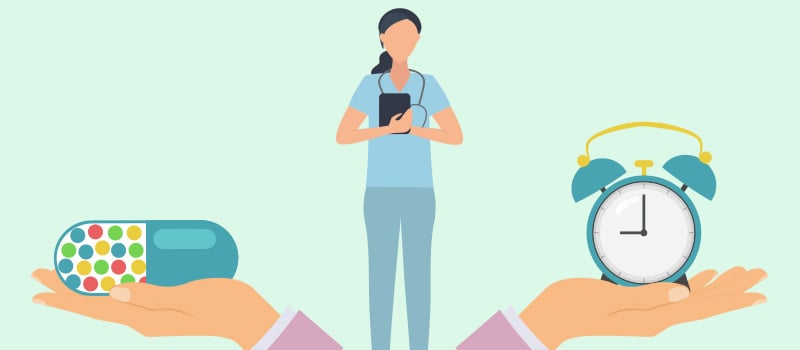
-
It takes levothyroxine approximately 4-6 weeks to leave the body completely after the last dose. It’s closer to 6 weeks in people who have hypothyroidism (underactive thyroid) compared to those with normal thyroid function.
-
The half-life of levothyroxine is 6-7 days. This means levothyroxine is completely cleared from the body about 33-38 days after you take the last dose. Keep in mind that several factors, such as age, body weight, co-existing health conditions, and other medications, can affect this timing.
Levothyroxine (brand names: Synthroid, Levoxyl, Tirosint, and others) is a prescription medication that is used to treat hypothyroidism (underactive thyroid gland), a condition when the thyroid gland doesn’t make enough thyroid hormones. Thyroid hormones carry many essential bodily functions. When there are not enough thyroid hormones in the body, many of the body’s functions slow down. Please continue reading to find out how long this thyroid medication stays in your system and what happens if you skip doses or stop taking levothyroxine.
How long does it take for levothyroxine to leave the body?
It takes levothyroxine approximately 4-6 weeks to leave the body completely after the last dose. Levothyroxine stays in the body longer (closer to 6 weeks) in people who have hypothyroidism (underactive thyroid) compared to those with normal thyroid function. Check out our blog to learn the difference between an underactive vs overactive thyroid.
How quickly the body eliminates any drug depends on the half-life of the drug. Half-life is the time it takes for the blood concentration of the drug to fall to half its original value. This means if the half-life of a drug is 10 hours and its peak concentration in the blood is 100, blood levels will fall to 50 after 10 hours, 25 after an additional 10 hours, and so on. It generally takes 5.5 half-lives for a drug to be completely cleared from the system.
The half-life of levothyroxine is 6-7 days. This means levothyroxine is completely cleared from the body about 33-38 days after you take the last dose. Keep in mind that several factors, such as age, body weight, co-existing health conditions, and other medications, can affect the rate at which levothyroxine leaves the body.
When does levothyroxine peak after taking?
Levothyroxine peaks approximately 3 hours after taking a dose in people with hypothyroidism (underactive thyroid). The maximum concentration of levothyroxine in the blood occurs slightly earlier (approximately 2 hours after a dose) in euthyroid individuals (people with normal thyroid function).
The presence of food in the stomach can delay levothyroxine absorption and peak concentration. Therefore, it is recommended that you take this thyroid medication on an empty stomach in the morning, approximately 30-60 minutes before breakfast.
Certain foods can affect levothyroxine absorption from the gut, and, consequently, its ability to treat hypothyroidism. Avoid eating soybean, walnuts, calcium-rich foods, and dietary fiber immediately before or after your levothyroxine dose. Also, talk to your doctor about eating grapefruit and drinking grapefruit juice while on this medication for thyroid disease. Your doctor may ask you to take certain medicines away from your levothyroxine dose.
Check out our blog to find out: “What are the signs my thyroid medication is not working?”
What happens if I miss my thyroid medication for a week?
If you miss your thyroid medication (levothyroxine) for a week, you may start to experience symptoms of hypothyroidism (low thyroid hormone levels). The most common symptoms of underactive thyroid, according to the American Thyroid Association, are tiredness, dry skin, feeling cold, joint pain, muscle pain, slowed heart rate, menstrual irregularities, depressed mood, forgetfulness, constipation, and weight gain.
Return of symptoms after you miss doses of thyroid medications is more likely if you are on liothyronine (T3) rather than levothyroxine (T4). Liothyronine has a shorter half-life (2 days) compared to levothyroxine (7 days). As a result, liothyronine is cleared from the system faster than levothyroxine.
If you are taking thyroid medication for hyperthyroidism (overactive thyroid), missing doses of your thyroid medicine will lead to a return of hyperthyroidism symptoms such as rapid or irregular heartbeat, nervousness, anxiety, irritability, fatigue, trouble sleeping, muscle weakness, shakiness, sweating, heat intolerance, vision problems, frequent bowel movements, and weight loss.
Check out 8 signs you may have a thyroid condition.
What should I do if I miss one dose of thyroid hormone?
If you miss a dose of levothyroxine, take it as soon as you remember. But if it is almost time for your next dose, skip the missed dose and go back to your regular dosing schedule. Do not take extra medicine or a double dose to make up for a missed dose. This is true for not just your levothyroxine but other medications as well.
What happens when I stop levothyroxine?
When you stop levothyroxine, your thyroid hormone levels will decrease. This will lead to signs and symptoms of hypothyroidism, such as weakness, tiredness, lack of energy, low body temperature, cold intolerance, pale skin, dry skin, thinning hair, constipation, depression, and weight gain.
What thyroid hormones does levothyroxine contain?
Levothyroxine is the synthetic version of the natural thyroid hormone called thyroxine or T4. It has the same effects as natural thyroxine in the body. Taking thyroid medication can help to maintain normal thyroid function in people who do not make enough natural thyroxine (T4).
Note: There are two main types of thyroid hormone, L-thyroxine (T4) and triiodothyronine (T3) in the body. The thyroid gland secretes mainly T4, which is converted into T3 by tissues in the body. The actions of thyroid hormones in the body are produced primarily by T3. People with hypothyroidism usually only need to take levothyroxine (T4) to maintain normal levels of both thyroid hormones because the body converts T4 to T3.
Synthetic T3 (liothyronine) is not recommended as a standard treatment for hypothyroidism. However, if a person does not respond to levothyroxine (T4) alone, their healthcare provider may try a combination of thyroid medications (levothyroxine and liothyronine).
How to take medications for thyroid disease safely?
-
Follow your doctor’s dosing instructions carefully and take the medicine exactly as prescribed. Do not skip or miss doses. Do not change the dose or dosing frequency without your doctor’s approval. Make sure you understand how many tablets to take every day.
-
Check with your doctor before starting treatment with any new drugs. Interactions with other drugs can affect how levothyroxine works or cause severe side effects.
-
Tell your doctor if you have side effects such as weight changes, changes in appetite, headache, nausea, vomiting, diarrhea, fever, menstrual irregularities, heat sensitivity, fever, hair loss, leg cramps, or joint pain. These levothyroxine side effects are usually temporary and go away once your body adjusts to the medicine. However, if they are severe or persistent, your doctor may lower your levothyroxine dose.
-
Keep all your medical and lab appointments while on levothyroxine. Your doctor will order a blood test called thyroid stimulating hormone (TSH levels) and adjust your levothyroxine dose based on the results.
-
Taking levothyroxine can help people with hypothyroidism lose weight. However, people who do not have thyroid gland problems should never take thyroid medication to achieve weight loss. This can put them at risk of serious side effects, including heart disease, especially at high doses.
-
Thyroid hormones affect many bodily functions. Do not stop taking levothyroxine (thyroid hormone replacement) without your doctor’s approval. If you stop treatment, your thyroid hormone levels will decrease over several weeks, and you will have a return of hypothyroidism (underactive thyroid) symptoms.
Save on Your Thyroid Medications with BuzzRx!
Manage your thyroid medication costs with BuzzRx coupons. Here are direct links to substantial savings for each medication:
Remember, these coupons are widely accepted at over 60,000 pharmacies, including major chains like CVS, Walgreens, and Rite Aid. Just present your coupon at the pharmacy to ensure you're getting the best possible price.
References:

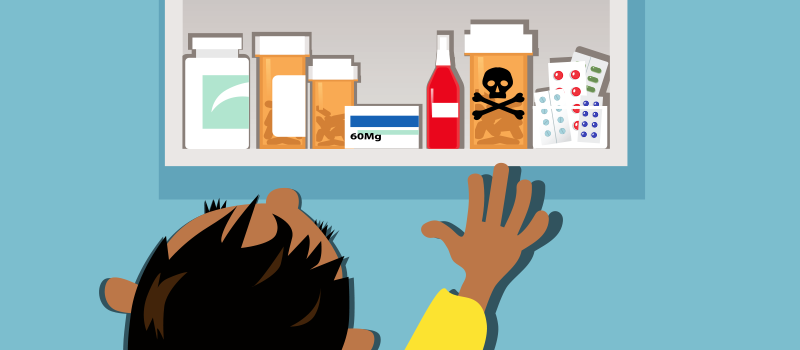

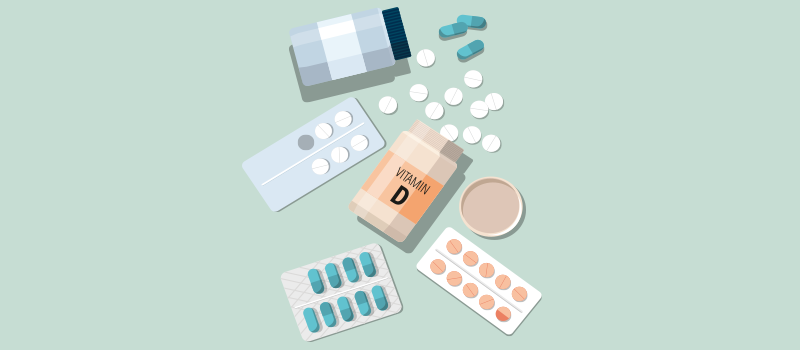

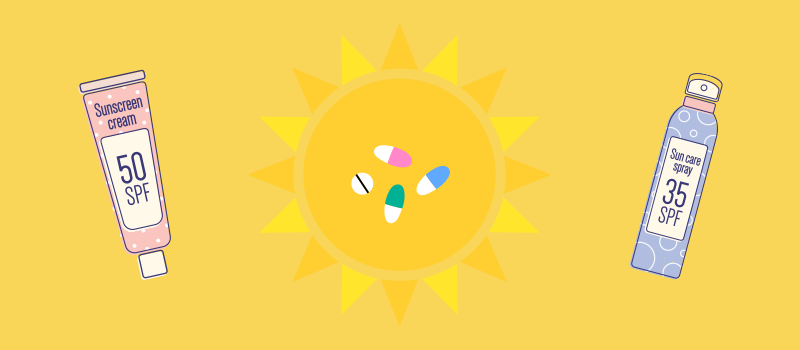



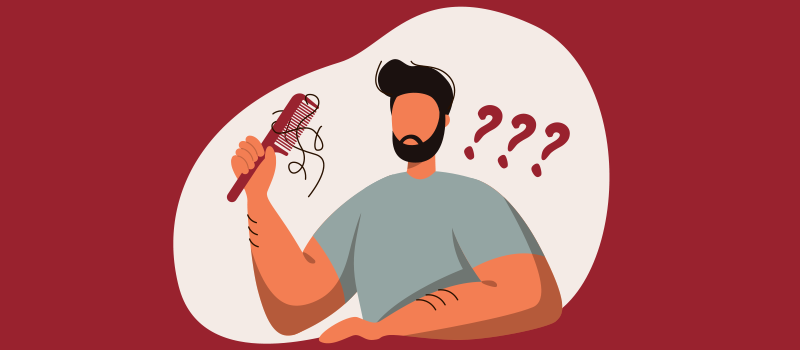

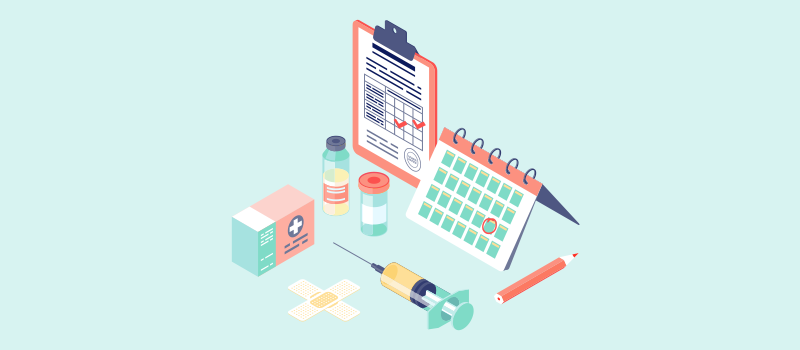
SOCIAL